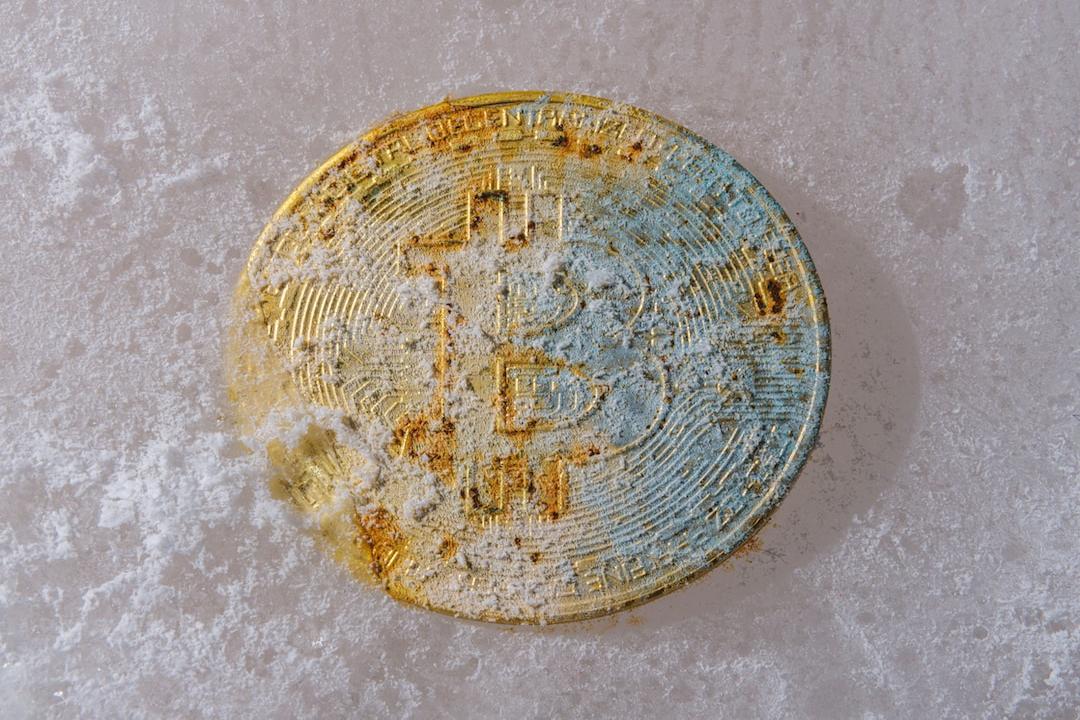South Korea’s Financial Regulatory Authorities to Establish Working Group for “Virtual Asset Lending Service Guidelines”
South Korea’s financial regulatory authorities will form a working group with the Digital Asset Exchange Association and five major exchanges to develop “Virtual Asset Lending Service Guidelines,” which are expected to be officially announced in August.
(Background: South Korea’s health insurance supervisor misappropriated 4.6 billion KRW to “play cryptocurrency contracts” and lost it all! Sentenced to 15 years)
(Context: Eight major banks in South Korea plan to jointly establish a KRW stablecoin issuance company: cannot let USD stablecoins dominate the local market)
Working Group Formation Announcement
On July 31, the Financial Services Commission and the Financial Supervisory Service announced that they will establish a working group with the Digital Asset Exchange Association (DAXA) and five major exchanges, including Upbit and Bithumb, to develop “Virtual Asset Lending Service Guidelines,” which are expected to be officially announced in August.
Managing High-Risk Leverage
South Korea has long been a hub for cryptocurrency trading, but lending services have remained in a gray area for a long time. The establishment of this working group is a response to recent concerns raised by the launch of leveraged services by two major exchanges: On July 4, Bithumb allowed users to borrow up to four times the amount of cryptocurrency using digital assets or KRW as collateral; on the same day, Upbit also launched lending services for cryptocurrencies such as Bitcoin, USDT, and Ripple, allowing users to engage in leveraged trading.
According to a report by Yonhap News Agency, particularly concerning is Bithumb’s service, where user leverage can reach up to four times, raising alarms that significant losses could occur if the prices of borrowed virtual assets fluctuate dramatically.
Outline of Guidelines: Seven Key Points Emerging
The working group plans to comprehensively consider the regulatory environments of major overseas countries, stock market disciplines, and the unique characteristics of South Korea’s domestic virtual asset market to establish a basic regulatory framework that the industry must adhere to for virtual asset lending services.
The guidelines are expected to outline seven core issues, covering leverage limits, investor thresholds, acceptable collateral assets, risk disclosure, suitability principles, information transparency, and internal controls. At the same time, regulatory authorities require exchanges to reassess services “that may lead to high user losses or legal risks” and to design red lines based on stock market rules and international trends.
Short Selling and Long Positions: Market Restructuring Inevitable
Analysts indicate that after the guidelines are implemented, the lending leverage in South Korea’s cryptocurrency market is expected to be compressed, which may lead to a decline in market liquidity in the short term. Retail investors with a high risk appetite may be forced to exit or reduce their investment positions. Additionally, compliance costs are likely to rise with the new regulations, putting tremendous pressure on small to medium-sized platforms with weak risk control, potentially leading to their elimination.
However, in the long run, transparency and accountability mechanisms will help attract institutional funds, facilitating the market structure’s evolution into a more mature and robust phase. Requirements for investor education and suitability assessments will gradually lead high-leverage speculative strategies to give way to risk-controlled strategies.
Global Reflection: Parallel Movements with MiCA and SEC
South Korea’s actions echo the EU’s MiCA regulations and the increasing scrutiny of crypto lending by the U.S. SEC, reflecting the trend of cryptocurrency assets moving towards mainstream financial regulatory frameworks. Furthermore, the Bank of Korea has already established a virtual asset team, and the National Assembly is discussing requirements for stablecoin issuers to obtain approval from the FSC and maintain sufficient reserve assets. In summary, South Korea’s overall ecosystem is increasingly aligning with the contours of traditional finance.

Related Reports
South Korea’s cryptocurrency market experiences explosive growth in volume and price! Upbit’s trading volume exceeds 10 billion USD, with popular tokens doubling in a single day.
South Korea’s Lotte Card applies for 36 KRW stablecoin trademarks: optimistic about becoming mainstream for daily payments.
Metaplanet CEO participates in acquiring South Korean software company SGA, promoting a new “Bitcoin reserve enterprise.”

